detail profile liliane de kermadec
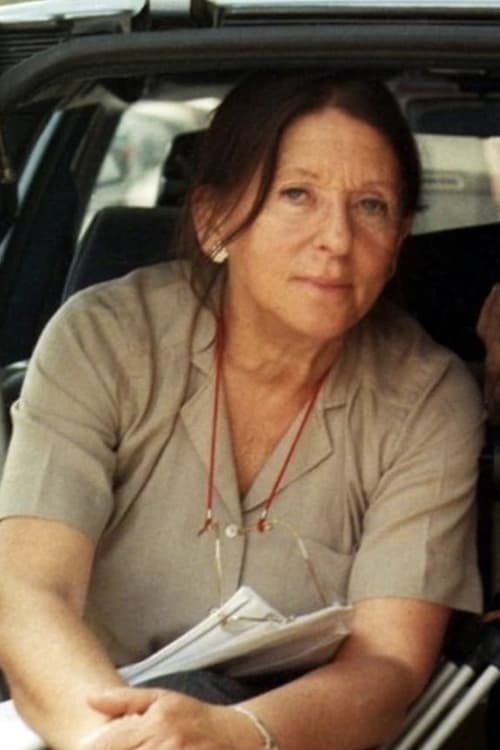
Riwayat Hidup
Liliane de Kermadec (6 October 1928 – 13 February 2020) was a Polish-French film director and screenwriter, known for Aloïse (1975), La piste du télégraphe (1994) and Sophie et le Capitaine (1978).
She directed more than twenty films and documentaries between 1965 and 2016.
Kermadec began as a set photographer, working with Agnes Varda on Cléo from 5 to 7, Alain Resnais on Muriel, and Yves Robert on Berbert and the Train.
Her first two feature films, Home Sweet Home (1972) and Aloïse (1975), were both screened at Cannes Film Festival.
Info Pribadi
Peran Yang Di Mainkan Liliane de Kermadec
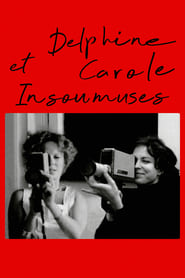 In the 70s actress Delphine Seyrig...
In the 70s actress Delphine Seyrig...Delphine and Carole 2020
In the 70s, actress Delphine Seyrig and director Carole Roussopoulos, both militant feminists, were the pioneers of video activism in France. They documented the demonstrations of French feminists and used the new technologies to counter the poor representation of women in the public media.
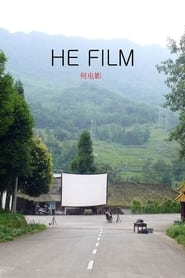 The Chinese government provides the villages...
The Chinese government provides the villages...He Film 2011
The Chinese government provides the villages in the mountains of Sichuan (China) with films. The main character of this film is a projectionist who, 37 years ago, used to carry his old projector on foot and bicycle. He would display a small screen across the road or between trees in front of a farm... It's the same today except that he rides a motorcycle, carries a large screen and that the films travel two thousand kilometers from Beijing to Chengdu by satellite, before he picks them up on his motorcycle. Up in the mountains, people bring a stool out on the road and watch. That story takes place in Beijing and the beautiful mountains covered with bamboos above Chengdu
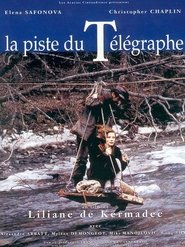 This French film chronicles the amazingbuttrue...
This French film chronicles the amazingbuttrue...The Telegraph Route 1994
This French film chronicles the amazing-but-true story of Lisa Alling who in 1928 successfully walked from New York City to Siberia via the Bering Straight by following telegraph poles. It was shot entirely in the Ukraine. Lisa, a chambermaid, has had enough of American life and wants go home to Siberia. Because she had no money, she decided it was better to walk than stay in the U.S. any longer. An opportunist, she takes whatever food, warmth and even romance that is offered along the way.
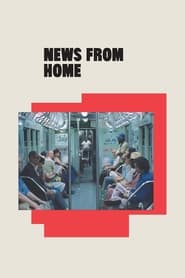 Belgian filmmaker Chantal Akerman lives in...
Belgian filmmaker Chantal Akerman lives in...News from Home 1977
Belgian filmmaker Chantal Akerman lives in New York. Filmed images of the City accompany texts of Akerman's loving mother back home in Brussels. The City comes more and more to the front while the words of the mother, read by Akerman herself, gradually fade away.
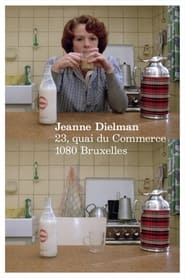 A lonely widowed housewife does her...
A lonely widowed housewife does her...Jeanne Dielman, 23, quai du Commerce, 1080 Bruxelles 1976
A lonely widowed housewife does her daily chores and takes care of her apartment where she lives with her teenage son, and turns the occasional trick to make ends meet. Slowly, her ritualized daily routines begin to fall apart.
 The painful life of a mentally...
The painful life of a mentally...Aloïse 1975
The painful life of a mentally unstable but highly gifted woman is unveiled in this film, based on episodes from the life of an actual person. Aloise (Delphine Seyrig) creates a series of haunting drawings while she is incarcerated in an institution for the insane in turn-of-the-century Switzerland. She endures torments as a musically gifted girl and later as a young woman; her developing madness and the barbaric treatments of the time are shown.
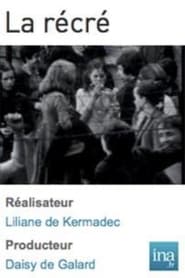 Friendships games boredom first emotions the...
Friendships games boredom first emotions the...La récré 1967
Friendships, games, boredom, first emotions: the playground.
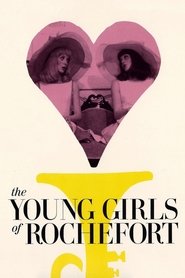 Delphine and Solange are two sisters...
Delphine and Solange are two sisters...The Young Girls of Rochefort 1967
Delphine and Solange are two sisters living in Rochefort. Delphine is a dancing teacher and Solange composes and teaches the piano. Maxence is a poet and a painter. He is doing his military service. Simon owns a music shop, he left Paris one month ago to come back where he fell in love 10 years ago. They are looking for love, looking for each other, without being aware that their ideal partner is very close...
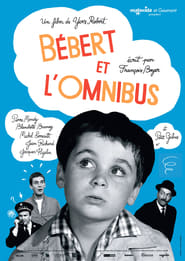 The Martin family is shopping in...
The Martin family is shopping in...Bebert and the Train 1963
The Martin family is shopping in a department store. Tiennot is responsible for looking after his little brother, Bébert, but he prefers to chase girls. On the train home, Tiennot leaves Bébert alone. On arrival, Bébert has disappeared. The Martin family sets out to find him.
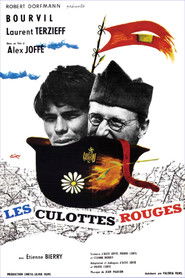 Antoine Rossi a recidivist prisoner of...
Antoine Rossi a recidivist prisoner of...Les Culottes rouges 1962
Antoine Rossi, a recidivist prisoner of war in Germany, manages to escape with the cowardly Fendard. Fendard does everything in his power to help him even though he is wounded, but Antoine tries to get rid of him as he boards the train to freedom.
 Agns Varda eloquently captures Paris in...
Agns Varda eloquently captures Paris in...Cléo from 5 to 7 1962
Agnès Varda eloquently captures Paris in the sixties with this real-time portrait of a singer set adrift in the city as she awaits test results of a biopsy. A chronicle of the minutes of one woman’s life, Cléo from 5 to 7 is a spirited mix of vivid vérité and melodrama, featuring a score by Michel Legrand and cameos by Jean-Luc Godard and Anna Karina.
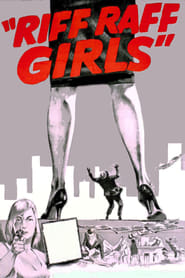 Vicky de Berlin a female gangster...
Vicky de Berlin a female gangster...Riff Raff Girls 1959
Vicky de Berlin, a female gangster, haunted by wartime memories , runs a floating night-club in Brussel. Marcel, her partner and lover, is in charge of the banknotes forgery manufacture concealed in the bottom of the boat. He decides to rob the Bank of Belgium and exchange a huge sum of counterfeit money for its equivalent in genuine one. But things get complicated when Yoko, the she leader of another gang and her lover The Bug interfere...
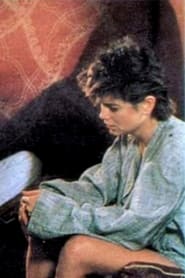 Can a loving relationship of eight...
Can a loving relationship of eight...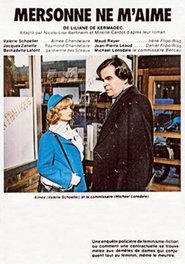 After a feminist is found murdered...
After a feminist is found murdered...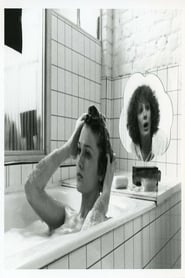 Story of three flights a little...
Story of three flights a little...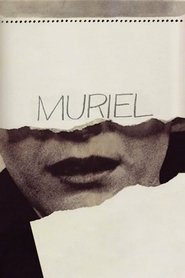 In the seaside town of Boulogne...
In the seaside town of Boulogne...